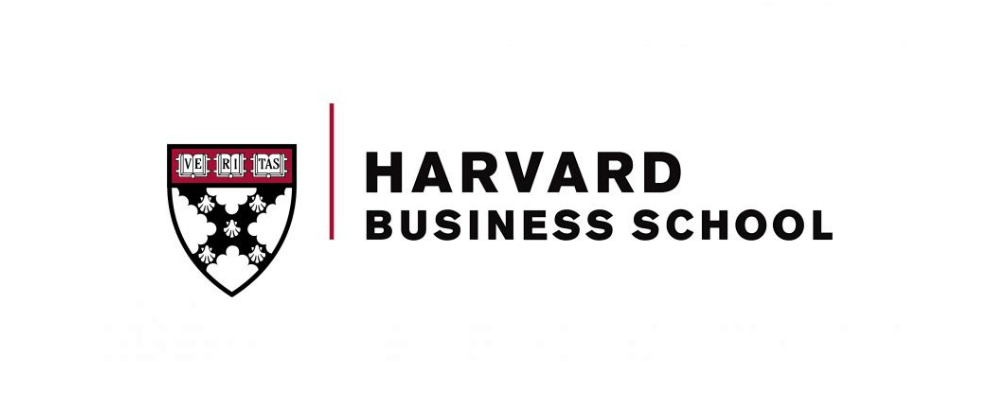
Often the incentives we put in place to stimulate and reward performance produce unexpected behaviors. Causes vary from one individual to another, depending on what each of us values and what we are willing to do for the organization and the incentive. Misfires also occur because of policies that conflict with incentives or the ways the incentives are administered.
In 1975, Steve Kerr, who would later become head of executive development at General Electric and head of its famous educational campus in Crotonville, New York, addressed the issue in a classic paper titled “On the Folly of Rewarding A, While Hoping for B.” The paper cites examples in many walks of life in which we reward behaviors that we hope to discourage.
“The complaint about lack of interest in good teaching continues among students, administrators, and those footing the bills for the educational system.”
For example, in politics, citizens support ideas associated with what academics call “high-acceptance, low-quality goals,” as in: “All citizens are entitled to health care.” Acceptance begins dropping, however, as the ways of achieving universal health care are proposed at the so-called “operative level.” So, politicians are rewarded for campaigning on low-quality goals and avoiding the details. Then, as citizens, we complain about the quality of elected officials when the issues later get down to the operative level.
Universities are experts at fostering the problem. The universal desire of students and administrators alike is for good teaching. What’s rewarded? Faculty research and publication. What provides greater mobility to faculty? Research and publication. So the complaint about lack of interest in good teaching continues among students, administrators, and those footing the bills for the educational system.
At other times, we are mindful of how incentives can go wrong, but we are unwilling to do anything about it. For example, we speak of the desirability of good long-term business performance, but almost all incentives—especially those imposed by markets—reward short-term performance while ignoring long-term performance.
“We hope for collaboration and teamwork for the benefit of the organization but provide incentives for individual performance. ”
As leaders, we make these mistakes all the time. Here’s a simple one. We hope for collaboration and teamwork for the benefit of the organization but provide incentives for individual performance. Or we hope that employees will exhibit individual initiative in solving problems and dealing with unplanned situations, but we don’t recognize or reward them for it. Or we create incentives with the hope that they will influence performance. But the incentives are so small that employees ignore them.
Forty-eight years after Kerr’s paper, you might think that leaders and managers would be getting better at shaping and administering incentives. And yet behavioral economist Uri Gneezy, in his recent book, Mixed Signals, presents research findings that remind us again about failures to understand the complexities surrounding incentives and ways of avoiding or minimizing their unintended consequences.
Most business leaders would probably agree with Kerr and Gneezy. But too many examples, such as the frequently cited Wells Fargo fiasco in which employees were incentivized to cheat (and alienate customers) in an effort to expand and deepen customer relationships, continue to plague business today.
Your feedback to last month’s column
How Are Middle Managers Falling Down Most Often on Employee Inclusion?
Middle managers are not devoting the thought and effort that employee inclusion requires. But who’s responsible, middle managers or their superiors? That’s an important question raised by respondents to last month’s column.
J-Giangrande commented, “Middle managers are falling down on inclusion because most lack the knowledge, the skills, and the time to create a safe environment where all are included, understood, and valued.”
Katherine Lawrence suggested that it may be difficult for middle managers to foster inclusion among team members who are better prepared for the future than they are. As she put it, “How will the supervisor mentor someone who should likely be fast-tracked?” Les Sherry added, “Older managers & mid-level executives are facing the need to increase inclusion when the organizational culture, their own experiences, and the reward systems don’t support the required change.”
Competition for diverse talent is intense, contributing to low retention, according to Gene Genius, who commented, “The reason companies don’t do a good job of retaining … (people with diverse backgrounds) is that they jump ship for better offers.”
Who’s responsible? Fonzie Gonz said, “Why focus on middle management when top leadership is leagues away from any meaningful adoption of DEI? These changes need to come from the top down.”
“Harvard Business School is the graduate business school of Harvard University, a private research university in Boston, Massachusetts. It is consistently ranked among the top business schools in the world and offers a large full-time MBA program, management-related doctoral programs, and executive education programs.”
Please visit the firm link to site





